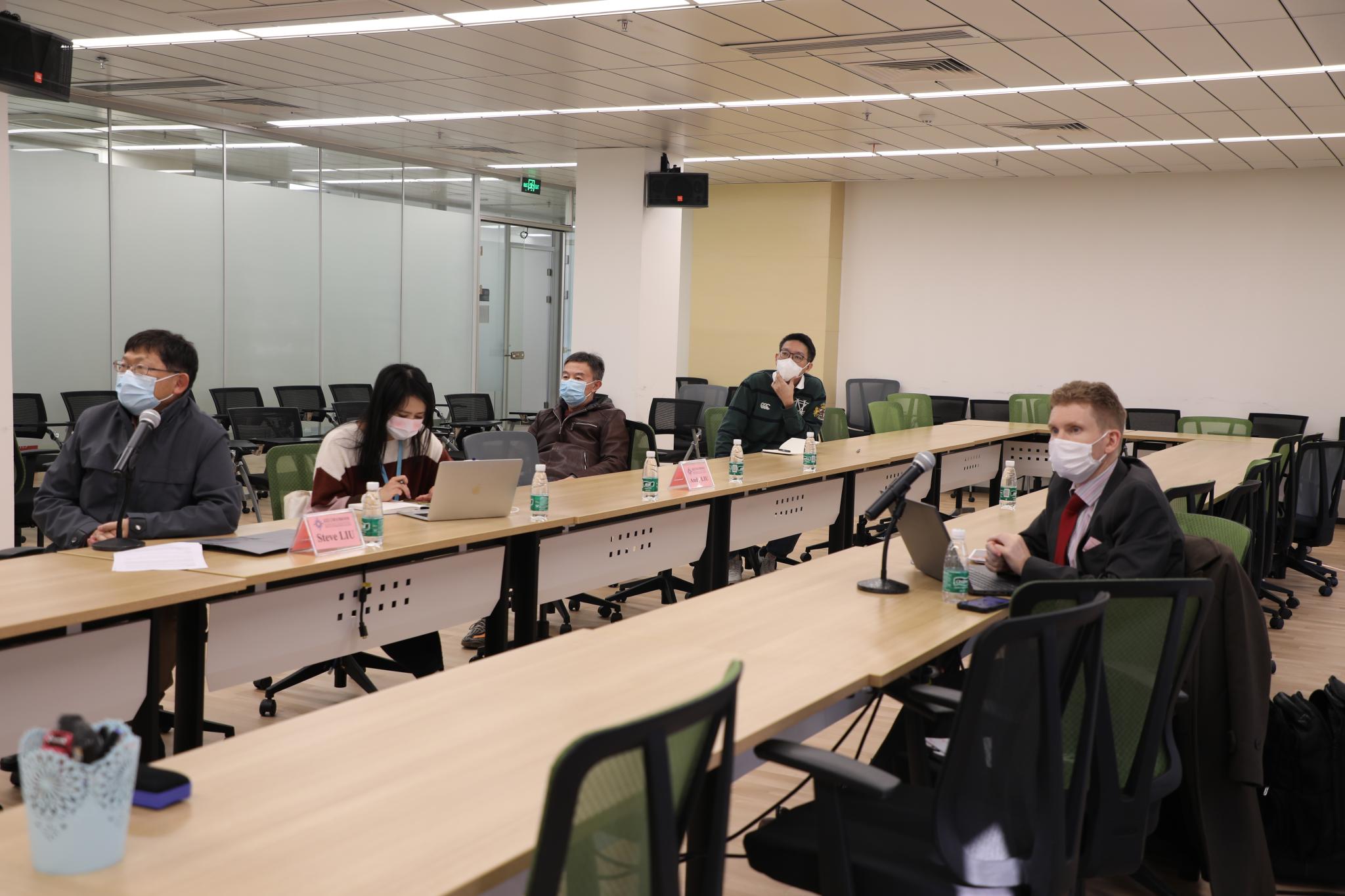
On December 12, at the invitation of the Faculty of Business and Management (FBM), Professor Hong Deng delivered an online lecture titled " Fast or Slow: How Temporal Work Design Shapes Experienced Passage of Time and Job Performance ".
Professor Deng undertook a PhD in Organizational Behavior at City University of Hong Kong. She is a professor in Department of Management & Marketing at Durham University. Her interests include self-regulation at work, organizational justice and person-organization/job fit, and she has published dozens of professional papers in related fields.
Professor Hong Deng first introduced the origin of attentional gate model and its role on answering why the perception of the passage of time varies from individual to individual. Then, she indicated the four basic hypothesises of models in several aspects, including temporal predictability, task segmentation, experienced passage of time and job performance. After that, Professor Deng briefly introduced several important contributions of this research. First, this research identifies two novel temporal work design characteristics: temporal predictability and task segmentation. Second, this research considers the mediating effect of experienced passage of time, and offers a new direction for work design and performance improvement efforts; this research develops and tests a model of experienced passage of time, addressing questions regarding its situational antecedents and workplace outcomes. Then, Professor Deng presented the results of the five experiments in detail. The first two experiments established the internal validity of temporal predictability and task segmentation. The third experiment investigated the natural consequences of distinct temporal work design by a naturalistic field study in a factory. The fourth experiment constructively replicated the model using a sample of knowledge workers and their supervisors by an organizational field study. The fifth experiment connected the model with the broader work design literature by an online survey. She indicated, overall, under different research designs, findings were consistent across five distinct experiments. Also, the package of these five experiments together presents a strong case for the direct effects of temporal predictability and task segmentation on experienced passage of time and their mediated indirect effects on job performance. Finally, Professor Deng indicates that this research has various theoretical and practical implications.
Professor Deng's wonderful lecture immersed the audience. In Q&A part, the audience had an in-depth discussion with Professor Deng on the logic, settings and practical implications of the model.
